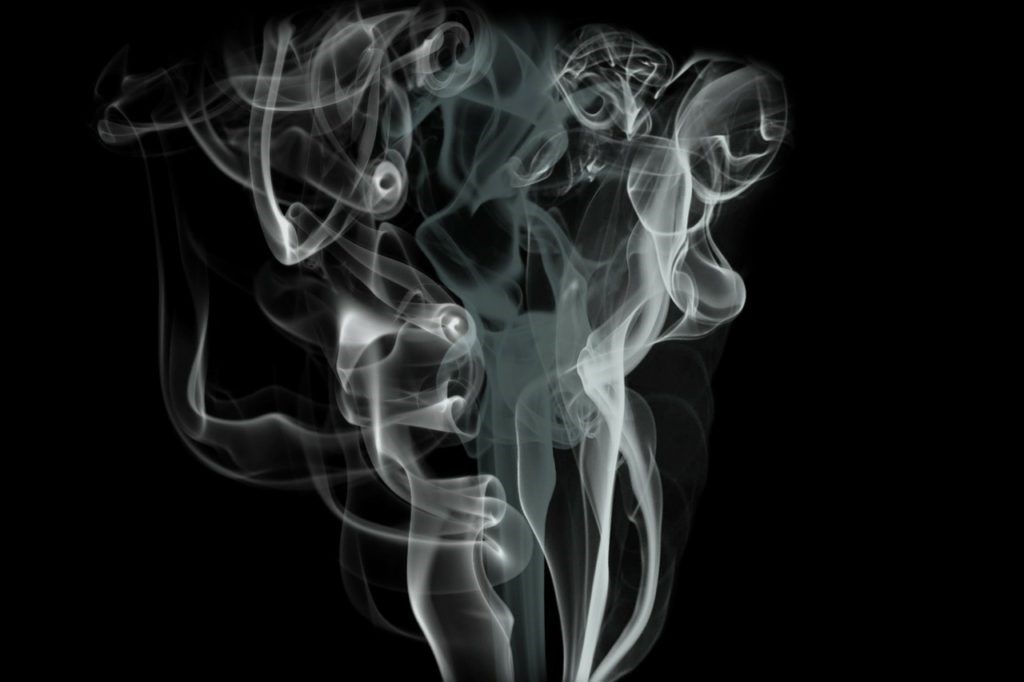
31 May, World No Tobacco Day: 'More severe Covid symptoms and higher risk of infection in smokers'
World No Tobacco Day, the correlation between smokers and Covid. Covid infection particularly affects the lungs and in severe cases can develop into pneumonia
Does being a smoker increase the risk of complications with Covid-19? What effect does smoking have on Covid-19?
Does COVID-19 present with more severe symptoms in smokers?
If a smoker contracts Covid-19, recent studies reported by the Italian Istituto Superiore di Sanità have shown a significant increase of at least 3-fold in the risk of developing serious complications such as severe pneumonia, compared to non-smokers.
Smokers often have smoking-related diseases that damage and alter the normal function of the respiratory and cardiovascular system, such as chronic bronchitis, respiratory insufficiency, diabetes and hypertension, making them more vulnerable.
Given their greater respiratory vulnerability, are smokers more at risk of becoming ill with Covid-19?
There is no clear scientific evidence to date, however, according to the World Health Organisation, smokers appear to have a higher risk of contracting the disease than non-smokers.
The greater susceptibility to infection could derive from the gesture of smoking, which leads to repeatedly bringing the hands, and possibly contaminated cigarettes, close to the mouth, increasing the risk of virus entry. Moreover, as has been known for more than 50 years, smoking has a negative effect on the health of the entire organism: by weakening the immune system and damaging the lungs and bronchi, it predisposes more to respiratory tract infections.
Is the antibody response to Covid-19 vaccines affected by smoking?
There is no conclusive scientific data yet. However, several studies, including an Italian study published in the journal Public Health, coordinated by CoEHAR (the International Centre of Excellence for Smoking Damage Reduction), show that in smokers the antibody levels induced by the Covid-19 vaccine, as assessed by serological tests, are lower and decline more rapidly, already after 60 days.
Further confirmation from science is still needed, but these studies suggest that smoking may adversely affect the vaccination’s effectiveness.
This may indeed be the best time and an excellent opportunity to quit smoking!
Read Also:
Emergency Live Even More…Live: Download The New Free App Of Your Newspaper For IOS And Android
CT Scan Of The Chest In Smokers: What It Is Used For And Why It Is Essential
Broken Heart Syndrome Is On The Rise: We Know Takotsubo Cardiomyopathy


